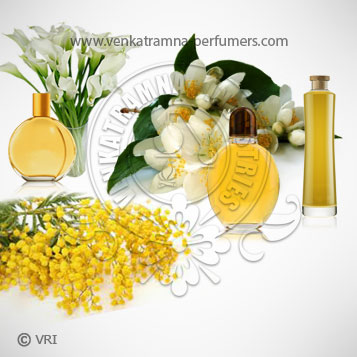
| Botanical Name | Ocium Basiclicum |
| Common Name | Anethole |
| Country of Origin | India |
| Solubility | Soluble in alcohol |
| Specific Gravity | 0.980 -0.985 |
| Optical Rotation | (-1) - (-9) |
| Refrective Index | 1.555-1.560 |
| PlantPart | Leaves |
| Bland With | Bergamot, citronella, citrus oils, clary sage, geranium, hyssop, opopanax, rosemary. |
| CAS No | 104-46-1 |
| Flash Point | 1.555-1.560 |
| Extraction Method | Steam Distilled |
Basil is a sacred plant in India, and used in ayurvedic medicine. It has been used as a strewing herb to reduce odors, and has many culinary applications.
The word basil comes from the Greek ßas??e?? (basileus), meaning "king", as it has come to be associated with the Feast of the Cross commemorating the finding of the True Cross by St Helena mother of the emperor St. Constantine.Alternatively the herbalist John Gerard noted of basil that those stung by scorpions would feel no pain if they ate of basil. and Nicholas Culpeper notes of basil that it is "an herb of Mars and under the Scorpion, and therefore called Basilicon", relating it to basilisk. The Oxford English Dictionary quotes speculations that basil may have been used in "some royal unguent, bath, or medicine". Basil is still considered the "king of herbs" by many cookery authors.
Color : White-crystals & liquid, Transparent and Clear with a Very Sweet like Anise odour,
Aroma : Characteristic peppermint–like odor,
Not Applicable
Antibacterial, antidepressant, antiseptic, antispasmodic, carminative, cephalic, digestive, emmenagogue, expectorant, febrifuge, nervine, stimulant of the adrenal cortex, stomachic, tonic.